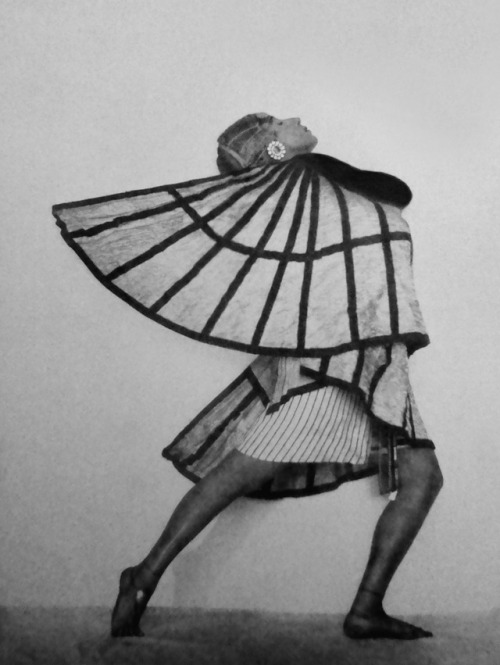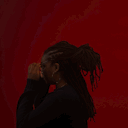Show Me How You Care
show me how you care
More Posts from Burntsoft

Hanns Holdt, Sent M’Ahesa, 1928
'“An object is at least as unstable as its context”, Dan Hicks reminds us... If we were to replace the term “objects” with “belongings”, might it help underline that instability, signal the precarious nature of possession, the ever-shifting, living relations between people, places, and things? Belongings ties up notions of (not) having, of being, of longing. Belongings suggests a multifariousness that requires many modes of telling...
Picture the museum that opens up to such a process, a kind of cultural Truth and Reconciliation Commission: inviting people and artists in communities from which belongings were taken, as well as other artists and even museum visitors, to share—through exchanges, workshops, displays—in shaping other kinds of landscapes for belonging. A landscape where collections are not cut off and fixed in time, but visibly kept in flux as what’s around them changes. A space of reparation—if it might really be possible, as Hartman proposed, “to consider stories as a form of compensation or even as reparations, perhaps the only kind we will ever receive”. A place in which belongings are not just something to look at, but long for-with-through on the understanding that those which are wanted back must be returned.'
'Writing to Life', Priya Basil
(???)
"What are the different intolerables from which we desire to flee? And how do we distinguish between those sites to which we must return and those from which we must flee entirely? What becomes of those who cannot flee, no matter how intolerable the conditions? In order to wrestle with these questions we would need to adopt, as daily practice, ways of being and of relating, modes of analyzing, and strategies of organizing in which we constantly mobilize identification and solidarity, across all borders, as key elements in the repertoire of risks we need to take to see ourselves as part of one another, even in the context of difference. We would need to disappear the idiocy of 'us' and 'them' and its cultural relativist underpinnings, the belief that 'it could never happen to us,' so that our very consciousness would be shaped by multiple histories and events, multiple geographies, multiple identifications.
And yet, we must remember the character of fire, its paradoxical dimension: it provides sustenance and warmth, but it can destroy, it can kill. But the difference between those of us who fear fire and ‘the welder’ is her knowledge that she has to become intimate with this danger zone in order to re-create, to create anew; to enter the fire not figuratively, or metaphorically, but actually, that is, in flesh and blood. The difference between the welder and those of us who fear fire is the consciousness and attentiveness she brings to the process of entering fire, and it is this consciousness that cultivates the intelligence to discern, embrace, and live that important, yet malleable, relationship between destruction and sustenance. Fire can kill, but without it we will die. Can we see that a lotus can bloom in the furnace without losing its freshness? We would need to learn to make peace with contradiction and paradox, to see its operation in the uneven structures of our own lives, to learn to sense, taste, and understand paradox as the motor of things..."
Alexander, M. Jacqui. Pedagogies of Crossing : Meditations on Feminism, Sexual Politics, Memory, and the Sacred, Duke University Press, 2006


